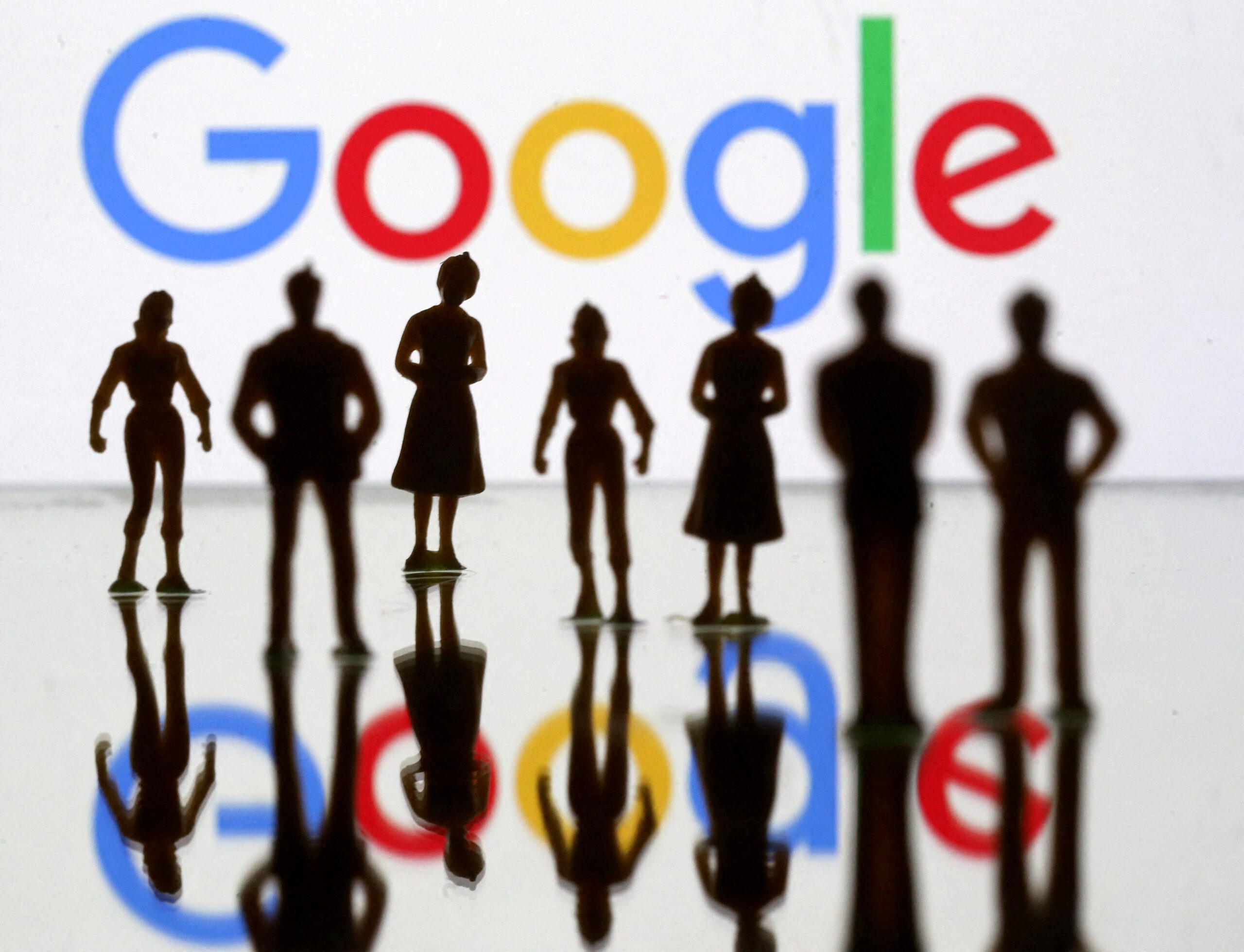Is there a secret to longevity? This health expert says 1,000% yes
In the era of social media, post-COVID, and with mental health at the forefront, a shift is taking […]

Google is gearing up to initiate an anti-misinformation campaign spanning five European Union (EU) countries, as revealed to Reuters by the company ahead of the EU’s parliamentary elections and the implementation of stricter regulations targeting online content.
With the upcoming European Parliament elections in June, concerns among lawmakers about the potential influence of misinformation on voters are mounting. Recently, France, Poland, and Germany have accused Russia of orchestrating an extensive network of websites to disseminate pro-Russian propaganda.
The Digital Services Act, effective this week in Europe, mandates larger online platforms and search engines to take more proactive measures against illegal content and threats to public security.
Starting this spring, Google’s internal unit, Jigsaw, dedicated to combating societal threats, will launch a series of animated advertisements on platforms like TikTok and YouTube across Belgium, France, Germany, Italy, and Poland.
Expanding on successful previous campaigns in Germany and Central Europe, Jigsaw views this new project as an opportunity to engage citizens in countries with significant voter populations, leveraging the company’s local expertise.
The ads will employ “prebunking” techniques, developed with researchers from the Universities of Cambridge and Bristol, aimed at empowering viewers to recognize manipulative content before encountering it.
Viewers watching these ads on YouTube will be prompted to participate in a brief multiple-choice questionnaire to assess their comprehension of misinformation.
Beth Goldberg, head of research at Jigsaw, emphasized the critical need for effective strategies amidst increasingly polarized debates threatening democracy. She highlighted prebunking as a technique that transcends political divides.
Moreover, Goldberg noted that measures like fact-checking, while valuable, may exacerbate polarization as they often come after misinformation has already spread.
A recent investigation by the European Union External Action Service (EEAS) uncovered 750 instances of deliberately misleading information propagated by foreign entities, many in support of Russia’s actions in Ukraine.
Google intends to translate Jigsaw’s ads into all 24 official EU languages for broader reach. The campaign will initially run for at least one month, with potential extensions based on its effectiveness. Results, including survey data and outreach metrics, are anticipated to be released in summer 2024.

In the era of social media, post-COVID, and with mental health at the forefront, a shift is taking […]

With its fast speeds and revolutionary potential, 5G stands out as a noteworthy milestone in the field of […]